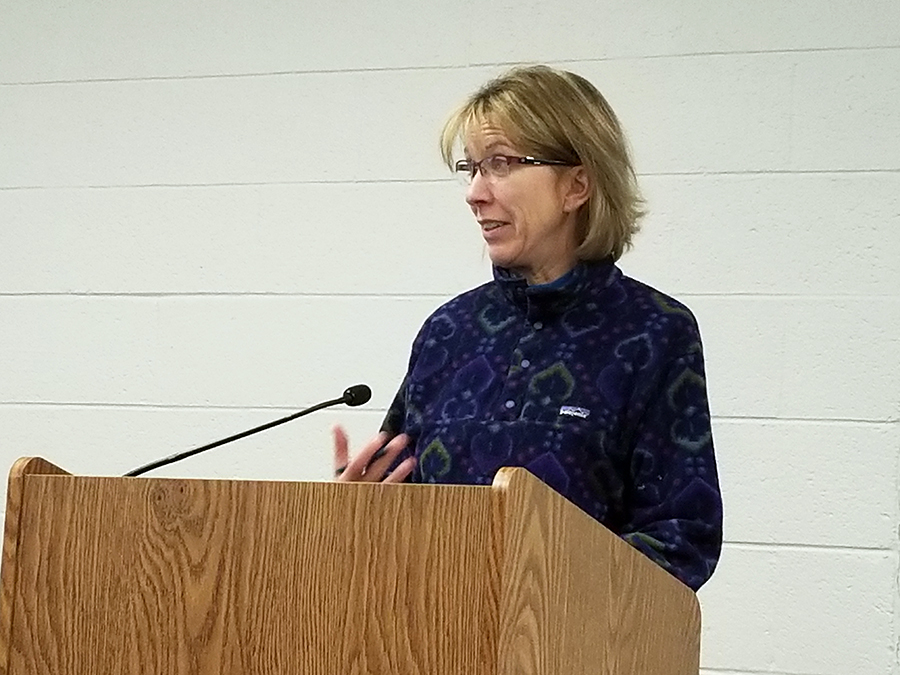Councilwoman Requests Change in Appointment Procedure
By Brandi Makuski
The position of mayor could soon lose some of its authority if a new measure is approved next week.
In an ordinance amendment proposed by Ald. Tori Jennings, the position of mayor would no longer have the power to appoint the chairpersons of city committees. Instead, each committee would elect its own chairperson, a decision which would move on for final approval to the City Council.
The city’s standing committees – the Board of Public Works, Finance Committee, Public Protection Committee, and Personnel Committee – are comprised of smaller groups of sitting City Council members. Those members are appointed by the mayor each spring, along with committee chairs, which are then considered and voted on by the full City Council.
The proposed ordinance amendment is the most recent attempt by a council member to change the way city government functions. Last year, some on the council argued the mayor’s position had too much authority, alleging he, and some of the chairs he appointed, attempted to prevent some items from appearing on public meeting agendas in a timely manner – something the mayor, and previous and current chairpersons all deny.
Under state law, discussion topics must be listed on a public meeting agenda before it can be discussed by the City Council.
In response to those concerns, Council President Meleesa Johnson proposed the creation of a new Executive Committee at the Nov. 13 Public Protection Committee. During that meeting, Johnson, Jennings and others on the council made claims that Mayor Mike Wiza attempted to control what items were placed on standing committee agendas, and said an Executive Committee would allow council members to publicly “kick the tires” on any number of issues with greater speed.
Wiza maintained that his office, along with that of the city attorney and other department heads, was responsible for vetting proposals before they were scheduled for public discussion. Johnson later withdrew the idea following scrutiny from the public.
In a memo to the Public Protection Committee, Jennings argued her proposal was a better balance of the city’s legislative and executive branches, saying the proposed change “helps strengthen our democracy by creating a more efficient and fair government.”
Jennings also pointed to a March, 2013 meeting where Wiza, who at that time was an alderman, made a similar argument for less mayoral oversight on committee chairs.
But according to Wiza, the circumstances were very different in 2013, and involved his objection to former Mayor Andrew Halverson appointing a first-term, newly-elected alderman as chairman of the city’s Finance Committee.
“That’s one of the bigger committees I felt required an experienced chair,” Wiza said this week. “So it was a specific situation I felt needed to be addressed at that time.”
Jennings also referenced the Wisconsin Legislative Council, writing that “ordinances at variance with the Wisconsin mayor‐council form of city government deserve our scrutiny and should be revised where necessary,” but her memo did not reference a specific finding or study from the WLC.
Jennings’ proposal also includes removing the position of mayor as chair of the Board of Public Works.
The Public Protection Committee meets at 6:30 PM in the Community Room of the new Stevens Point Police Dept., 933 Michigan Ave., on Jan. 8. The public is welcome to attend.


